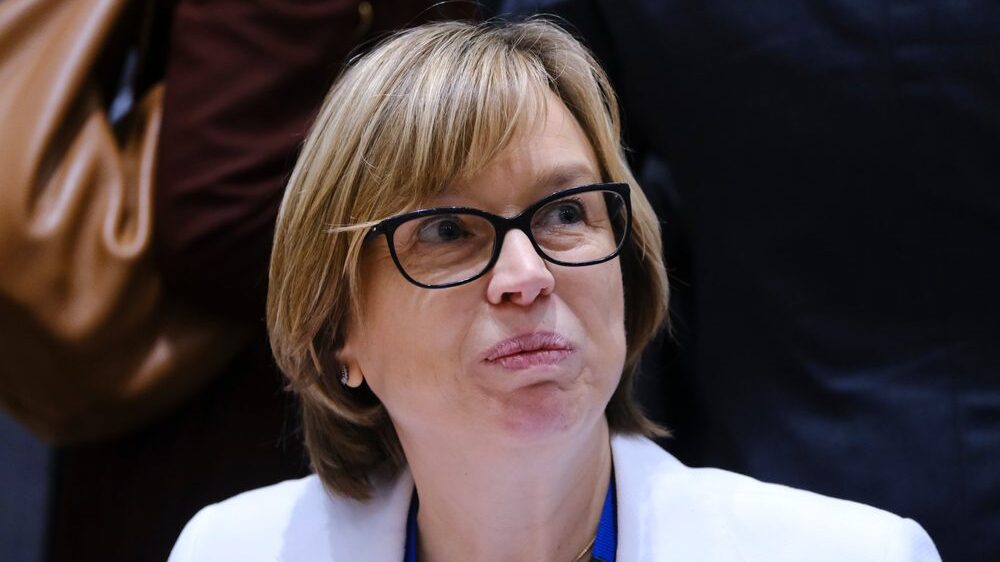
Catherine De Bolle.
Photo: Alexandros Michailidis / Shutterstock.com
The head of Europol, the European Union’s law enforcement agency, has issued a dire warning over the escalation of criminality linked to illegal drugs on the Continent, saying that it poses a severe risk to the rule of law and the foundations of democracy within the 27-member bloc.
While speaking ahead of the two-day meeting of the European Council in Brussels on the 29th and 30th of June, Europol chief Catherine De Bolle said that as a consequence of Europe having overtaken the U.S. as the world’s primary marketplace for drug gangs, several member states in the Union are increasingly faced with threats associated with organized crime, including severe violence and mounting corruption.
“The European Union has become more important compared to the United States” for organized crime syndicates involved in narcotrafficking, De Bolle, who formerly served as the head of Belgium’s federal police, said. “What is really worrying to us is the increase in violence. Not only regular violence but contract killings, torture, explosions—really tough and hard violence with a lot of dead people.”
Aside from the escalating violence plaguing the Continent, De Bolle says that organized drug gangs, with their vast resources, threaten to undermine the rule of law and corrupt port officials, courts, local governments, and police officers.
De Bolle warned that the drug gangs are “infiltrating our societies,” insisting that they seek to “decide on big issues in our societies.” So, she continued, we “need this to be a priority in the coming years if we want to save our system.”
The Europol chief’s warning comes less than two months after the agency, following a multi-continental investigation where it worked alongside a slew of international bodies and law enforcement organizations, managed to seize over 100 firearms, almost a tonne of drugs—including MDMA, LSD, and ecstasy pills—and more than €50 million in cash and cryptocurrency, as The European Conservative previously reported.
The already out-of-control situation, which so far has witnessed the brazen use of grenades and other weapons as well as murders of prominent lawyers and journalists, could be further exacerbated by an influx of weapons into Europe from Ukraine.
Last year, several months into the war, the Europol chief expressed deep concern that—similar to what occurred decades ago following the end of the Yugoslav wars—arms from the EU to Ukraine could easily fall into the hands of criminal elements and create a volatile situation that would severely imperil the EU’s internal security landscape.
De Bolle warned that the volatile situation could lead to a “level of violence on European streets that we have never seen before,” adding that “until now, we only knew this from Latin America.”
